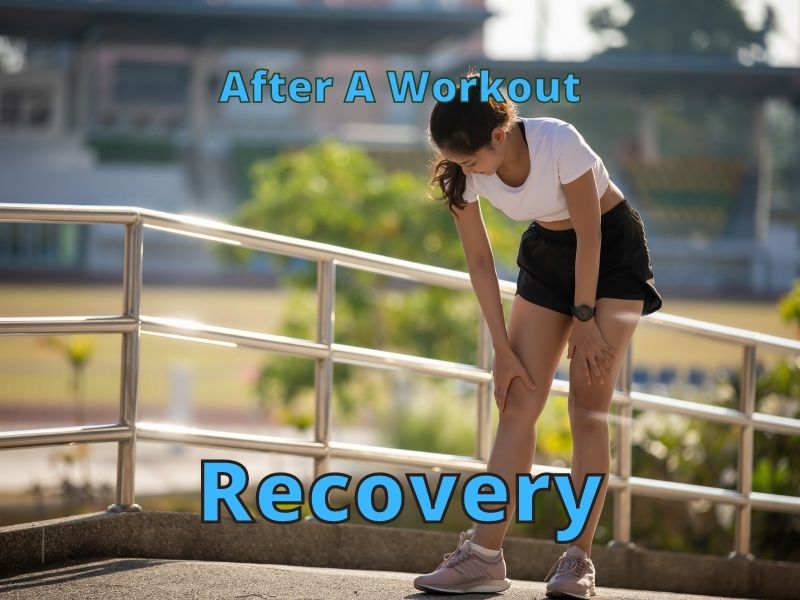Did you know that post-exercise recovery is possibly the most important part of any workout regimen? In fact, everything from muscle growth, optimal performance with fitness gains depends on how effectively you are recovering yourself after every massive sweat out.
Ways to recover after a workout include hydration, stretching, rest, sleep, and diet. If you’re using a protein shake before or after your workout, you’re taking the first step.
No matter, how hard you have been hitting the gym or struggling on your reverse lunges, a proper post-workout recovery plan in place will enable your body to get the most out of your workout.
Repairs
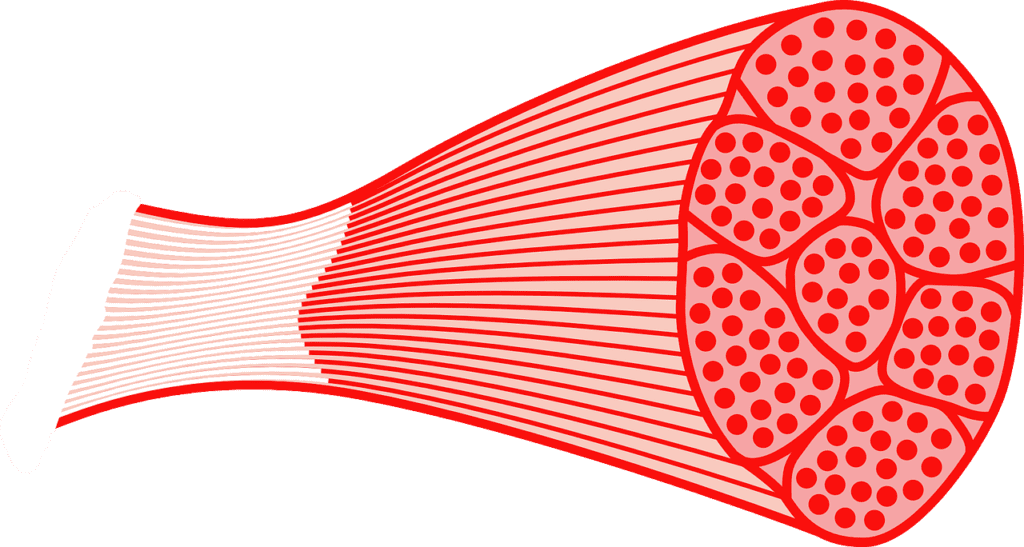
Remember, after every workout you’ve pushed yourself, your muscles naturally start to tear and these microtears (called catabolism) help your muscles get stronger.
This is why your body needs immediate repair to build muscle strength and size. Make sure to stay focused on a post-exercise recovery routine that helps repair tissue and build muscle because missing it could actually stall the progress of all that hard work.
Here are the 5 most tried and tested ways to maximize your post-regimen recovery and stay true to your fitness goals. So, let’s discuss them.
Why healing is so important after every workout?
When I’ve pushed my muscle I’ve felt the pain a day or two later. If you’ve pushed yourself you’ve felt what happens.
But this is a good thing if you take care to recover well. Your muscles don’t grow during an exercise, but they grow when you start resting them.
It’s critical how you allow your body to rebuilds itself in a cycle of 24-48 hours post a hard workout session.
Cardio or Weight Training
You should never work out on the same muscles consecutively for more than two days. Or it could result in tissue loss and more muscle tears in your body.
In fact, allowing your body to heal after every exercise period could pay off with better results. So, let’s discuss the 5 tips you can use to stay on top of your game…
1. Restore The Lost Fluid:
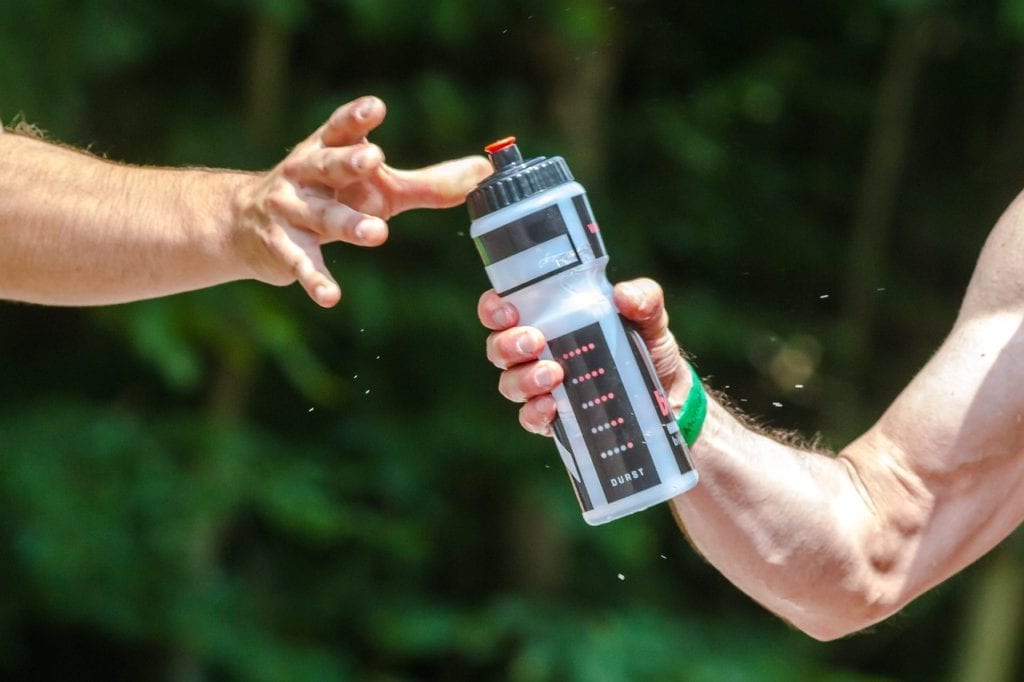
When you exercise, your metabolic rate increases, and with that increases your need for water and electrolytes.
Never miss refilling your body with an adequate amount of fluid after every workout. You lose plenty of fluids during the hours of a workout by sweating. Fluid replacement can boost the recovery process faster.
For example, endurance athletic exercises could drain maximum water from the body and this is during this time that your muscles could build up lactic acid.
And even a one percent dehydration could cause a potential reduction of your physical stability and stamina.
Not only that, dehydration could lead to a delayed post-workout recovery process.
Be mindful of the fluid loss from excessive sweating because it drains out many important nutrients from the body including minerals.
Fear not, if you drink enough fluid, you could flush out all the toxins from your muscle and keep joints lubricated. It’s because water can aid every single metabolic function and nutrient transfer.
So, keeping your body hydrated throughout your workout session will not only save you from muscle soreness but help improve your body functions, enhance gym performance and retain intracellular water in muscles.
As per the expert suggestions, you are recommended to keep your fluid intake level to a minimum of half your body weight in ounces(oz) a day. Your body may require roughly 34 oz of fluid for every 1000 calories spent.
2. Stretch Your Muscles:
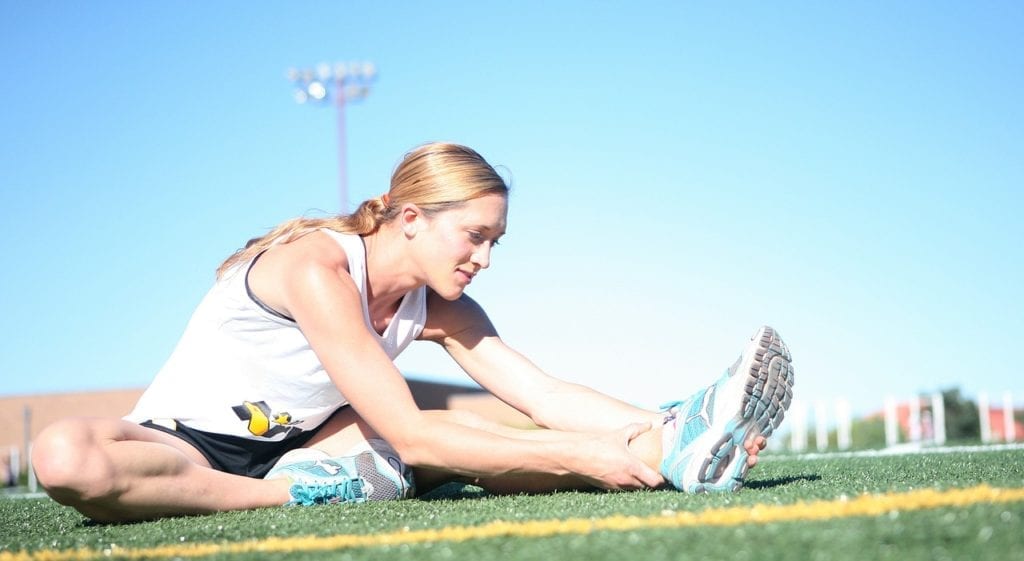
A gentle stretching movement could not be a better idea to add to your post-exercise restoration routine. If you keep a little time for stretching after each workout, it could not only downplay the after-workout syndromes but speed up the recovery process as well.
Wonder why?
Exercises like stretching help relieve muscular tension and joint stiffness. But it is probably the most underrated of all in terms of its contribution to muscle development.
Stretching can extensively add to your flexibility and pliability when it comes to post-exercise muscle gains. In fact, the proper stretching and diet combined could help you live healthily and fit longer.
According to IFBB pro, Barbara Bolotte, you should try to do a 20 minutes cool down and stretch period after a gym workout. Of course, you need to consistently plan for it.
A prolonged stretch could maximize your squat performance even if you are suffering from the tightest ankles. So, make sure to add a couple or more stretch exercises after every strenuous workout and follow them religiously for the best results.
3. Rest and Relax:

Don’t forget to schedule ample relaxation time to recover from the post-workout stress. Your body has an amazing capacity to naturally repair and recover itself only if you allow it a proper resting period after every hard workout.
In fact, the effectiveness and progress of an intense training session don’t always depend on how sore your limbs are. It actually depends on how much time you are spending to rest between every workout involving the same musculature.
Relaxing and resting the muscle group that needs it, will help repairs. Also, be mindful of muscle fiber damage, tissue tenderness, reduced joint motion, or stiffness due to excessive exercise. Working out with them will only increase the risk of muscle injury.
4. Get Some Micro Sleep:

Do you believe in siestas just to rejuvenate yourself? If not, you should. Getting micro naps for even 15-20 minutes a day could be a vital downtime for your post-exercise repair and recovery.
This is because when your body enters into a dormant period, it starts repairing itself, leading to a healthy heart, blood pressure, weight, and everything else.
While getting some sleep might seem a no-brainer, many still struggle to get a 6-hours sleep every night. And this may be the reason why the number of people exercising on a regular basis is rapidly decreasing.
Did you know that one of the main purposes of sleeping is physical recovery and healing for the body? It’s a necessary time for the body to repair itself.
Some hormones only secrete during sleep and hugely impact physical recovery. For instance, while a good night’s sleep could promote the discharge of the muscle-building anabolic hormone, sleep deprivation could increase catabolic hormone concentrations leading to more muscle waste.
Sleep gives the body time to focus on cleaning and restoring. That’s why not eating three hours before bedtime, allows the body to focus on everything else it needs to, instead of the stomach.
Plenty of research shows that a shortened sleep could negatively impact your physiological mechanisms responsible for the adaptation of your workout time stresses. It could even interrupt your tolerance with training and promote fatigue perception.
The IFBB pro, Barbara Bolotte recommends enough sleep to boost your mental stability and drive for a hard workout.
In fact, a regular seven-eight hour of sleeping routine is necessary so you can clear your mind, to help you deal with the stresses of each day.
Also, try to incorporate some micro naps whenever possible and you will be returning to the gym with a better post-exercise body restoration.
5. Embrace A Balanced Diet with, Proper Nutrients:

Diet is a staple to every exercise regimen and more precisely after your regimen.
A post-workout meal with proper nutrition will refuel the depleted energy store in your body, repair the most vital tissues, stimulate recovery and promote muscle growth. 60 minutes to 2 hours after your workout is the ideal time to eat a meal.
However, you need to carefully plan your post-workout meal to get all the nutrition that your body needs to recover from excessive exercising.
Proper nutrition is instrumental in the restoration of body functions and this is why you should include some high-quality protein, vitamins, potassium, fat and complex carbohydrates during this time.
Did you know that losing even a macronutrient in your aft-exercise snack or meal could delay your recovery? So looking into getting a healthy recovery meal plan with a balanced proportion of nutrients will provide returns for your body.
Try to consume at least 20-30 percent of your total carbs intake. In fact, 50 grams of carbohydrates could serve as a superior refueling source of glycogen for energizing tired muscles.
Apart from the carbohydrates, also add enough protein to your diet. Proteins are required to reconstruct and restore muscle, tissues, cells, enzymes, and various other hormones.
Ideally, it should be 20-30 grams every day, albeit the quantity depends on the frequency of your exercise.
An intense workout could also exhaust key minerals like potassium which serves as a significant source of muscular strength.
Not sure how to add enough to your menu? Just grab a banana from your grocery. Potatoes are also a high-grade source of potassium.
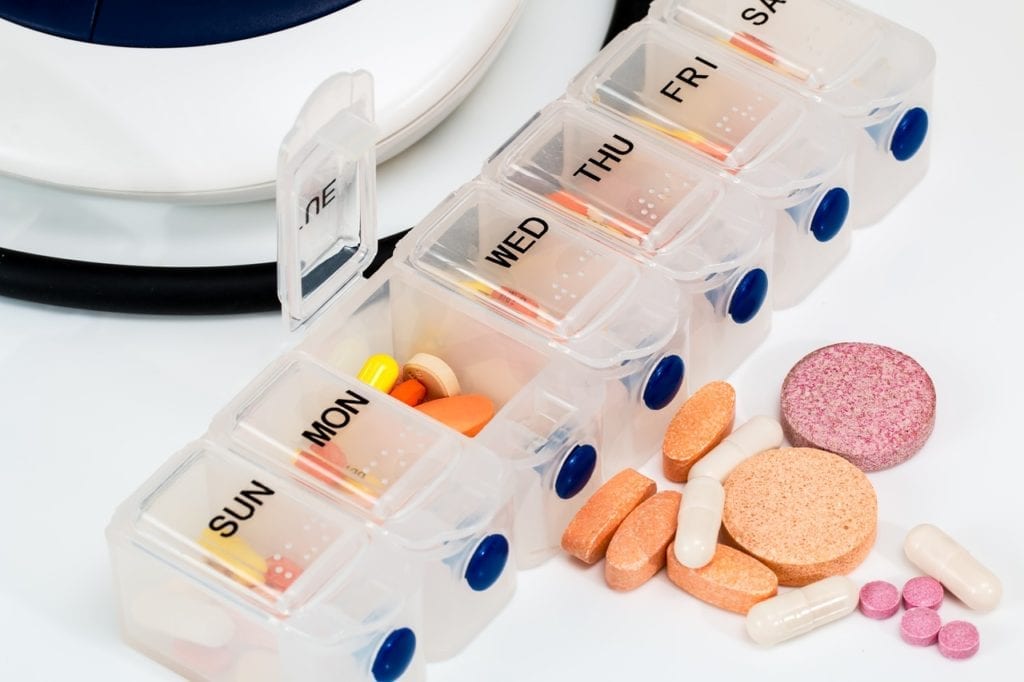
Did you know, supplements are also helpful when making nutritional choices after exercise? But they come with both benefits and consequences. Let’s discuss them.
Supplements, Their Benefits, and Side-effects:
When it comes to making decisions about food supplements post-workout, protein and vitamins are always at the top of the list. But remember only the right selection could substantially add to your restoration progress and any excessive amount could just reverse the process.
1. Whey Protein:
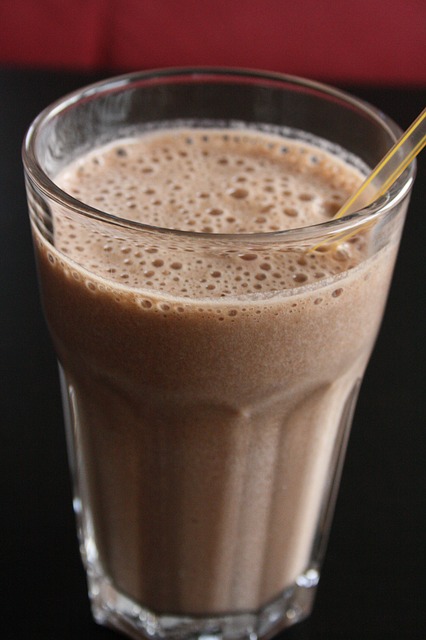
One of the most popular protein supplements is whey protein. It can make a post-workout shake to feed your muscles with a rapid absorption scale.
Advantages:
- Convenient on the go
- Easy to mix
- Stimulates tissue repair after a high-intensity training
- Fast absorbing protein
- Contains vital amino acids
- Boosts immunity
- Reduce muscle stress
- Improves muscle tone and muscle mass required post muscle training or weight lifting exercises.
Disadvantages:
- Apparently safe, these protein supplements could sometimes lead to fatigue, headache, cramps, nausea, bloating, and increased bowel movements.
2. BCAAs (branched-chain amino acids):
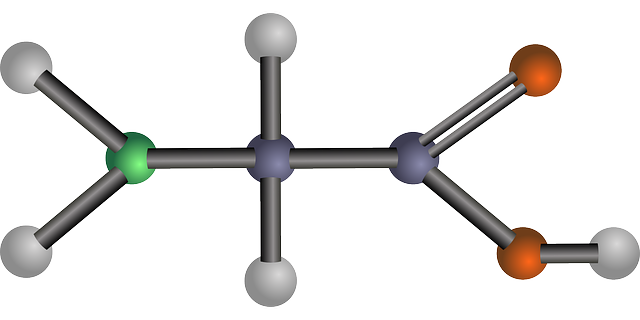
Amino acids provide one of the best nutritional sources for muscle growth. They are not produced by the body are very helpful for muscle building and growth. Branched-chain amino acids contain some essential amino acids like Leucine, Isoleucine, and Valine, which claim to boost muscle development post-training.
It’s the branched molecular structure of the BCAAs that makes them more significant than other amino acid supplements.
Advantages:
- Boosts performance
- Help in muscle growth
- Reduce fatigue post exercise
Disadvantages:
- Extreme consumption could interrupt blood sugar and pressure and lead to fatigue, nausea, headaches, and even Type 2 diabetes.
3. Vitamin Supplements:
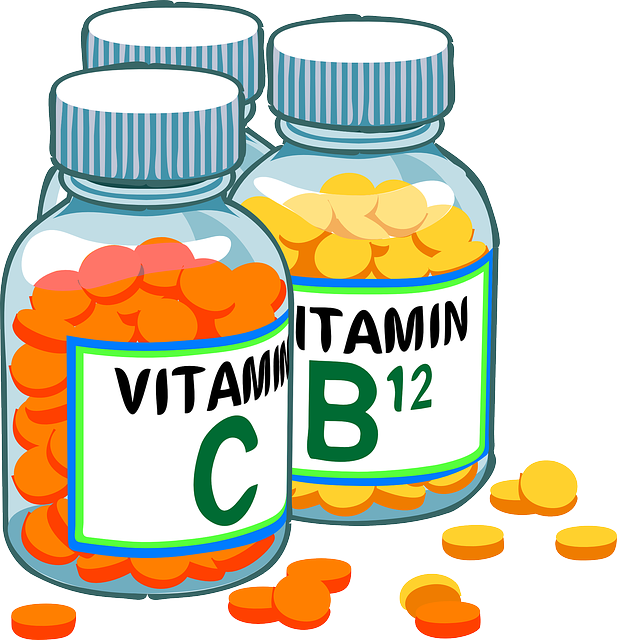
Make sure you don’t miss essential vitamins like vitamin C, D, E, and ALA (Alpha Lipoic Acid – still undergoing research) to add to your post-exercise recovery diet.
Each one can help with free-radical damage after a heavy muscle workout. These vitamins in any form can help by breaking them down and strengthening the body’s immune system.
Multivitamin supplements are available in the market, and you should pick the one that comes with quality reviews and a brand you can trust.
The best part is, there are no side effects of taking these pills unless you overdose when consuming them. They are the easiest way to preserve some key nutrients after a heavy workout and protect you against an overall nutritional deficit.
The Take-Away:

So, no matter the reason you’re exercising whether it’s for losing those extra pounds or achieving an athletic build, sweat-drenched workouts need recovery as well.
You need to pay equal attention to your recovery and exercise schedule. And it’s only possible when you stretch out, take breaks, sleep well, eat healthy snacks and meals, and hydrate yourself.
Sometimes you might need a little more rest than at other times. Always wear shoes and clothing that help you aid your body during and after the workout.
Remember, the faster you heal, the faster you will be able to get back to the gym. It’s those small efforts toward recovery that will reward your hard work at the gym each day you go.
Thanks for visiting Helpshoe.com
Additional Questions
How to handle a muscle cramp?
Stretching and massaging the muscle to get it to release can help. Hold the stretch until it the muscle loosens. Get hydrated with electrolytes if you aren’t already. Use heat or cold on the muscle to help with soreness.
How do I recover after a run?
Rest, hydration, and moving the days after a long run. Stretching and massages can be helpful if your legs are healed enough. Eat a healthy diet including carb, protein, and fruits. Recovery all depends on the length of the run and how much damage occurred during the run.

